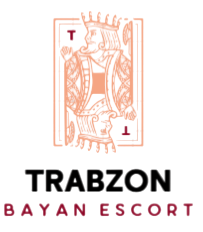In an ever-evolving world where expressions of individuality and freedom of choice are celebrated, exotic performers have emerged as bold symbols of empowerment and self-assertion. Their dance transcends mere entertainment, embodying narratives of resilience, liberation, and the celebration of sensuality. This art form, often misunderstood and stigmatized, offers a profound commentary on societal norms surrounding femininity, sexuality, and the body. Exotic dance, in its many forms, serves as a platform for performers to reclaim agency over their bodies. In a society that frequently objectifies women, these dancers take the stage not only to entertain but also to assert their autonomy. Each movement tells a story, a reflection of their experiences, struggles, and triumphs.
Through the fluidity of their performances, they challenge conventional beauty standards and redefine what it means to be empowered. The act of dancing becomes a revolutionary statement one that proclaims that their bodies belong to them and are not mere objects for the gaze of others. Moreover, the world of exotic dance fosters a sense of community among performers. In many venues, dancers support one another, sharing tips and experiences that enhance their craft and bolster their confidence. This camaraderie is crucial in a profession often fraught with judgment and competition. Within this supportive network, dancers find strength and encouragement, promoting a culture of empowerment rather than division. By lifting each other up, they challenge the stereotypes associated with their work, showcasing the depth and complexity of their identities. The impact of exotic performers extends beyond the stage.
As they challenge societal norms, they inspire audiences to reconsider their perceptions of sexuality and the human body. Many viewers leave performances with a renewed appreciation for the artistry involved, recognizing that exotic dance is a legitimate form of expression that celebrates femininity and eroticism without shame. This shift in perspective has the potential to influence broader discussions about body positivity and acceptance in society. Furthermore, as more individuals embrace their bodies and celebrate their sexuality, the bachelor party las vegas stigma surrounding exotic dance diminishes. Performers become role models for self-acceptance and empowerment, demonstrating that dancing is not just about allure; it is about self-love, confidence, and the courage to express oneself authentically. In essence, exotic performers embody a powerful narrative of empowerment. Through their art, they inspire others to embrace their own bodies, challenge societal norms, and celebrate the beauty of individuality, reminding us all that to dance is to dare to be free.
